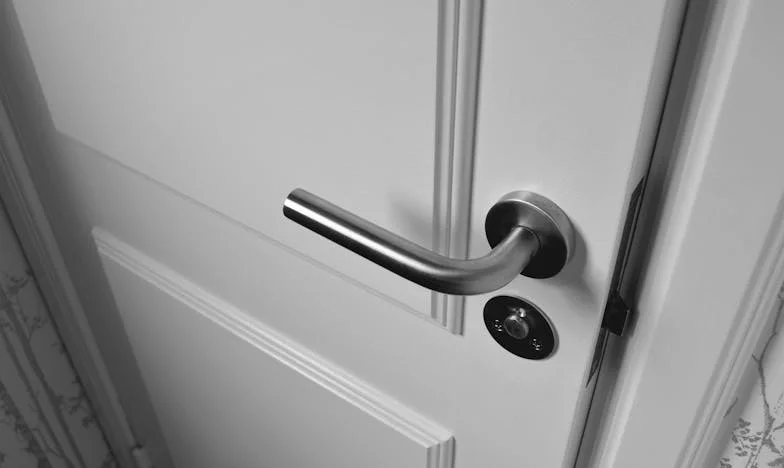“Mom Knows Best, My Wife Always Says”: Mother-in-Law’s Grip Tightens on Our Family Life
When I first met Victoria, she seemed like the epitome of independence and confidence. We connected instantly, sharing our dreams and ambitions with an openness that I thought was the foundation of our future together. Her mother, Lily, appeared to be supportive and kind, always welcoming and warm whenever I visited. It was only after we got married that I realized Victoria was not quite the independent woman I thought she was, and Lily was not just a doting mother but a controlling matriarch.
Our first realization came with our living arrangements. I had assumed that we would look for a new place together, somewhere equidistant from both our jobs in the city. However, Victoria insisted that we move in with her mother for the first few months while we “sorted things out.” Those months turned into a year, and every time I brought up the topic of us finding our own place, Victoria would say, “Mom thinks it’s best if we save a bit more before we move out.”
Lily’s influence didn’t stop at our living arrangements. She had an opinion on everything from our finances to how we should spend our weekends. At first, I tried to be understanding. After all, Victoria was her only daughter, and they had been through a lot together after her father passed away. But as months passed, it became clear that Lily was making decisions for us on matters I hadn’t even thought would concern her.
The breaking point came when Victoria and I started discussing starting a family. I was excited at the prospect of having kids and had always imagined the joy of raising them with a partner who shared equal responsibility in parenting. However, every discussion about children would somehow involve Lily’s plans and ideas. She even went as far as scheduling a doctor’s appointment for Victoria to discuss “pre-pregnancy health” without consulting me.
I felt sidelined in my own marriage, a spectator to the mother-daughter duo that seemed to govern our lives. Arguments between Victoria and me became frequent, and she would often end them by saying, “Mom knows best, Gregory. You just don’t see it because you’re too stubborn.”
Feeling isolated and frustrated, I suggested marriage counseling. Victoria agreed reluctantly but only under the condition that Lily could come with us to the sessions. That was absurd, but it was also a clear indicator of how deep Lily’s roots had grown into our relationship.
The counseling sessions were a disaster. Lily dominated the conversations, painting me as the unreasonable son-in-law who was trying to steal her daughter away from her. Victoria, instead of supporting me, sided with her mother every time.
Eventually, I realized that nothing was going to change. The woman I married was not capable of setting boundaries with her mother, and I was not willing to be in a three-person marriage. The decision to leave was painful but necessary for my own well-being.
As I packed my bags, Victoria and Lily stood together, a united front. There was no dramatic farewell, no tearful goodbye. Just a simple nod from Victoria and a smug look from Lily, as if to say, “We knew you wouldn’t last.”
Walking away from that house, I felt a mix of relief and profound sadness. I had lost my wife, but perhaps I had saved myself.
